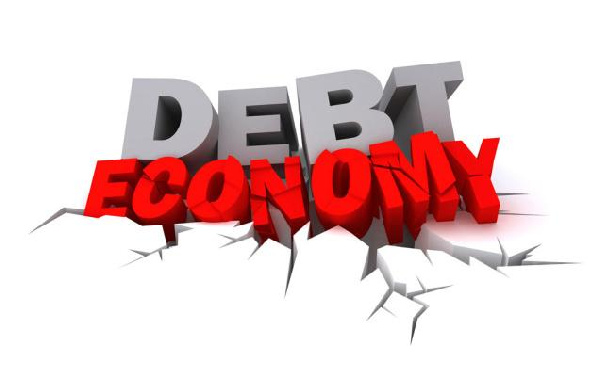Ghana has joined the World Bank and IMF's Africa-dominated heavily indebted countries’ list due to challenges in managing its debt burden.
Ghana’s public debt stock shot up by GH¢27.8 billion in April 2021 and May 2021 to GH¢332.4 billion, the latest Summary of Economic and Financial Data by the Bank of Ghana has revealed.
This is equivalent to $57.9 billion about 76.66 per cent of Gross Domestic Product.
Ghana joins fellow West African nations like Benin, Burkina Faso, Cameroon, Ivory Coast, the Gambia, Liberia Sierra Leone, Mali, Mauritania, Togo, Guinea, Guinea-Bissau, Mauritania, Niger, Sao Tome and Principe and Senegal.
There are currently about 34 African countries on the heavily indebted countries' list.
The list is a joint initiative by the World Bank and the International Monetary Fund (IMF) which was launched in 1996.
READ ALSO: GRA scraps 'benchmark values' on 32 items from today
The aim of the initiative is to ensure that no poor country in the world ever faces a debt burden it cannot manage.
This debt relief initiative works in such a way that multilateral financial organisations (including the IMF and the World Bank) work in partnership with governments across the world to lower external debts of impoverished countries to sustainable levels.
Out of the 40 countries that are currently on this list, 34 are in Africa and they have a combined population of about 760 million people.
There are a number of other requirements, including an established track record of capability to grow out of poverty overtime.
The full criteria for a country to be on the list are follows:
- Countries must be eligible to borrow from the World Bank’s International Development Agency.
- Only countries facing an unsustainable debt burden that cannot be addressed through traditional debt relief mechanisms can be admitted.
- The countries must have established track records of development reforms and sound policies.
- They must also have an established poverty reduction strategy paper (PRSP) in place.
Other countries on the list are as follows:
Tanzania,
Ethiopia,
Burundi,
Central African Republic,
Chad,
Comoros Islands,
Democratic Republic of Congo,
Republic of Congo,
Eritrea,
Ethiopia,
Madagascar,
Malawi,
Mozambique,
Rwanda,
Somalia,
Tanzania,
Uganda
and Zambia.





